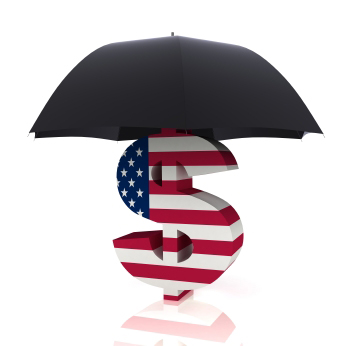
Every year a survey called the Financial Literacy Survey, questions about 2,000 adults that are over 18 years of age. Results from this year indicate that building a savings account is the one area of improvement that people need to make. About two in five people say that their emergency savings account is something they are constantly worried about. The same amount of people are worried about not having enough money set aside for retirement. So how can you save more money?
Give Up A Bad Habit
People enjoy habits because they make life easier and require less thought. It is time to ask yourself what habit have you created that is costing you money every week? Which one can you manage to live without? If you are eating lunch out 5 times a week, you could be spending $200 a month ($2,400 a year) on this luxury. Cut down to 2 times a week and you can save up to $1,440 a year.
Save The Change
Create a place to empty out all the change you accumulate each day. Save the change plus the lowest bill in your wallet. Make this a habit for a month. See how long you can do it and add up the amount you have saved. To build real wealth, put that money in a money market savings account or mutual fund. The longer you leave it alone, the more it will grow.
Spend Less Than You Earn
There is no way to build wealth unless you spend less than you earn. To meet this goal, you may have to increase your income, just to start saving the amount of money you need. Evaluate what you need to adjust in your life to make this possible and then do it.
Learn From The Best Finance Books
Dave Ramsey’s Total Money Makeover will teach you how to get rid of debt and build wealth. It is nice to learn from someone who has seen both poverty and wealth.
Ilyce R. Glink, wrote a book called, “50 Simple Things You Can Do To Improve Your Personal Finances.” Her first suggestion involves preparing a place in your home for handling your personal finance tasks. Getting organized like this really helps. She also offers many new ideas about saving money. She covers topics like taxes, credit reports, planning for retirement and budgeting. For a short read, this book is worth the current price of $2.89.
Learning Online
Since 2008, the number of people that said they have learned about personal finance on the internet has grown from 4% to 12%. While everything you read on the Internet is not guaranteed to be true, there are reliable sources for you to use without hesitation. Bankrate.com has a trusted reputation and provides you with current mortgage rates, housing trends and retirement information.
Although many people report that they don’t feel that they have enough of a savings account, there are many solutions to that problem. Start today by using these personal finance tips from Coolchecks.net.


